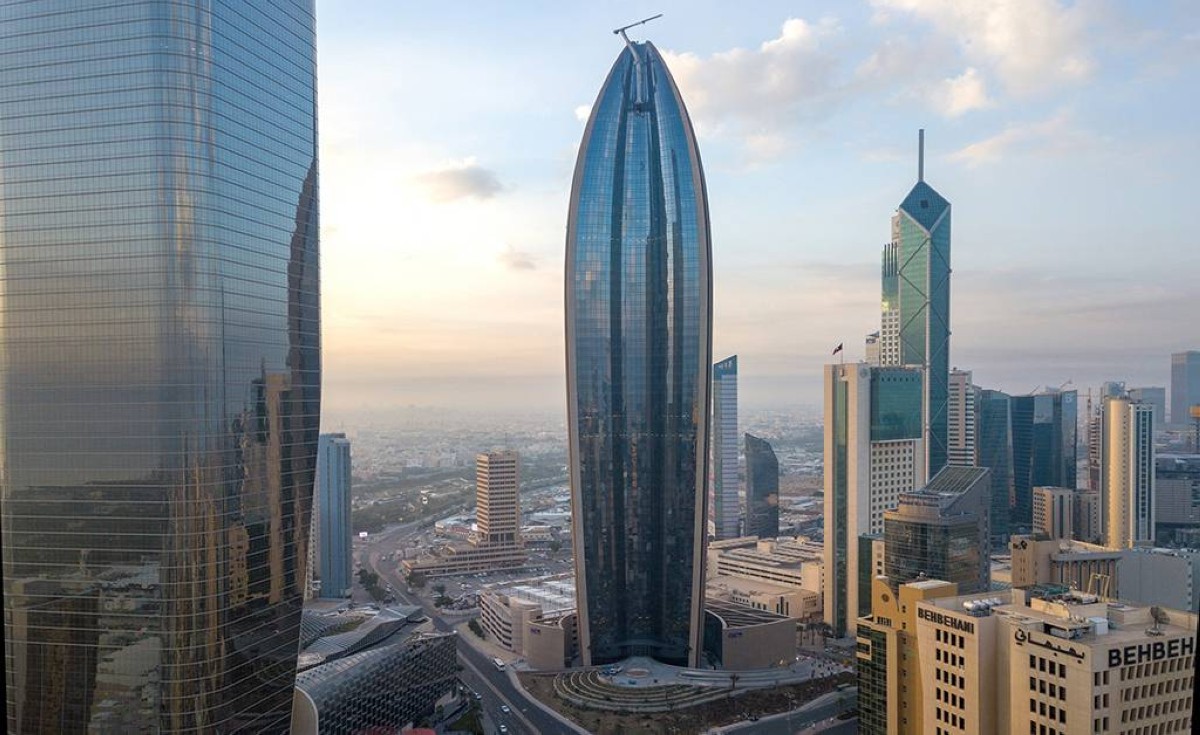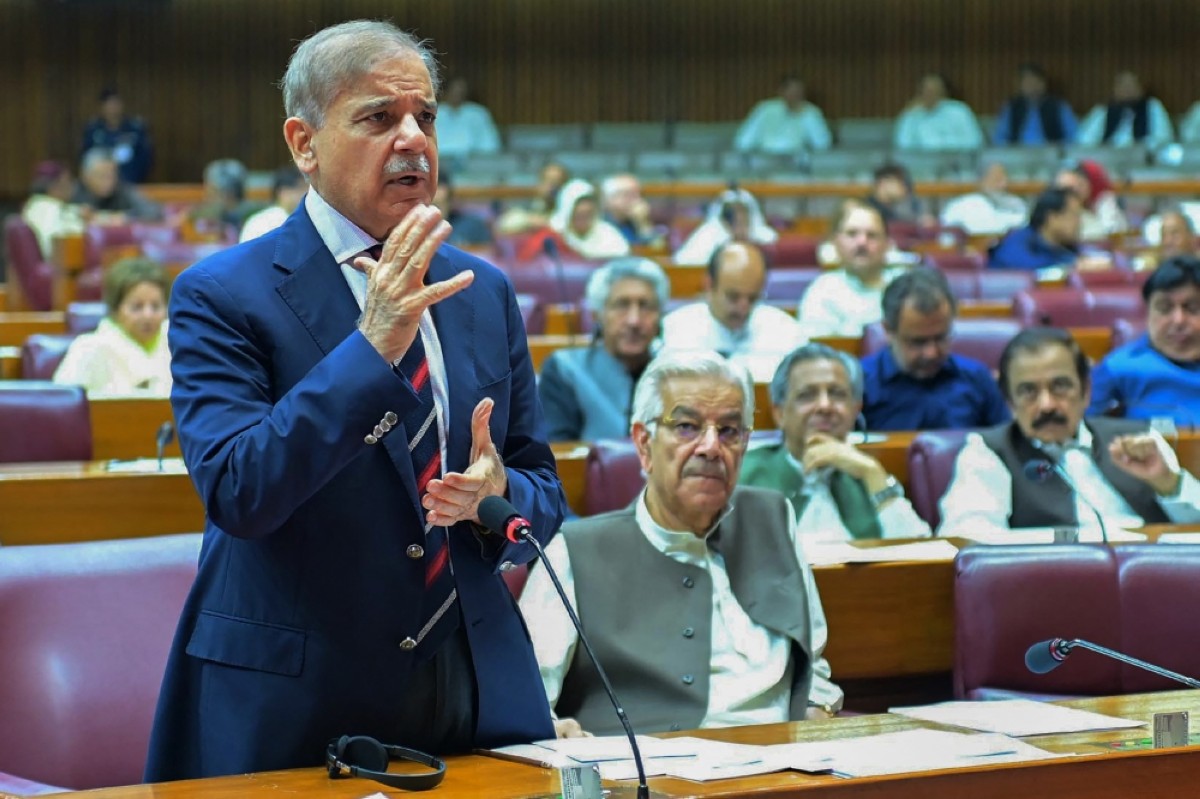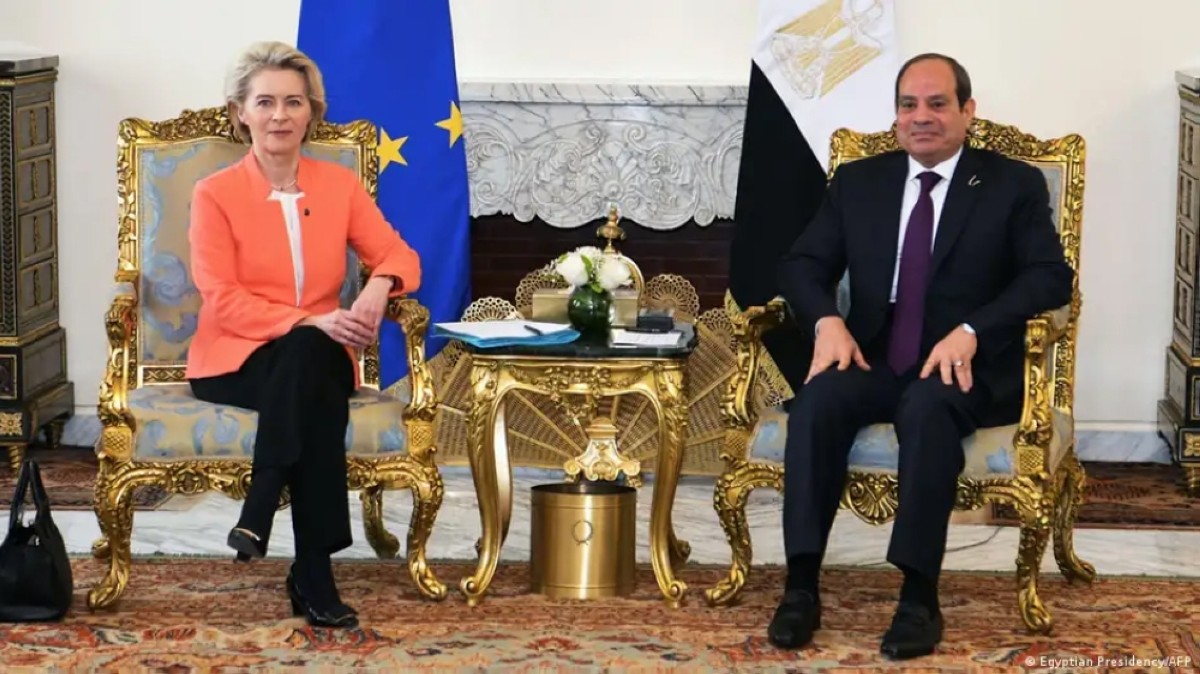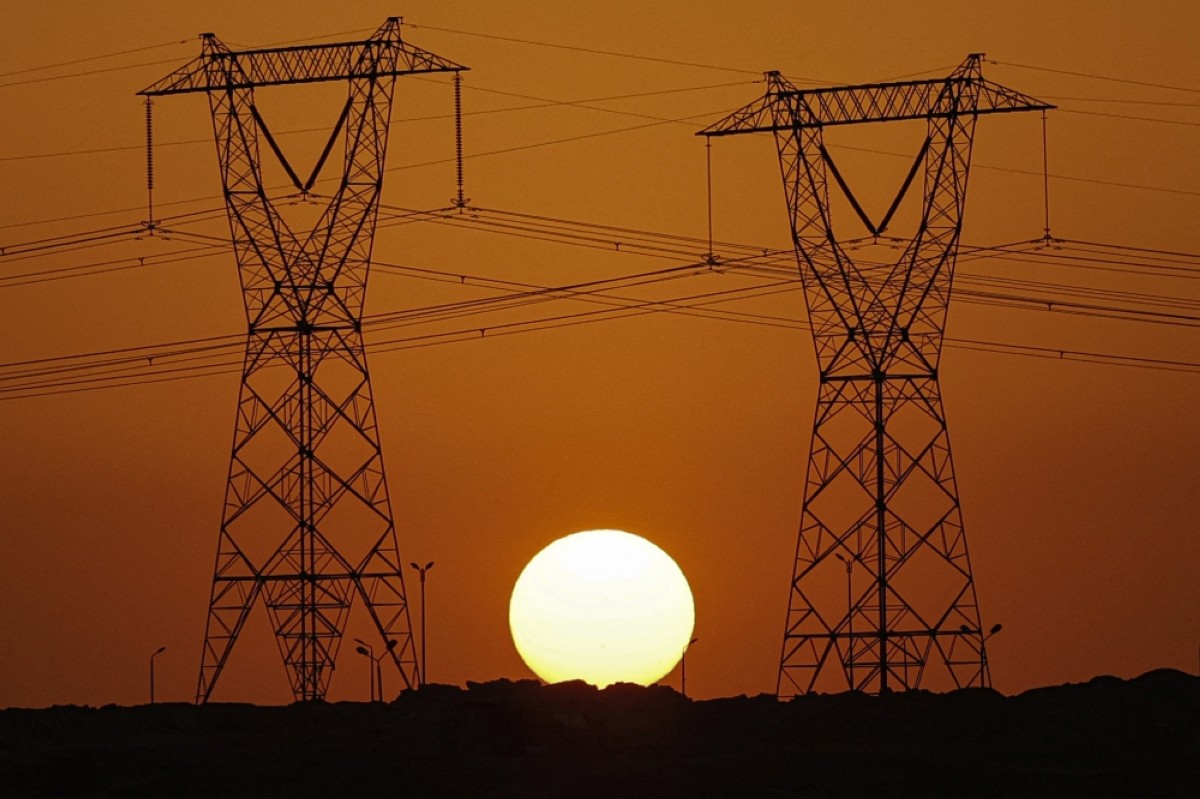Indonesia palm oil firm accused of illegal deforestation
JAKARTA: Poor oversight and confusing regulations are allowing one of Indonesia’s top palm oil producers to operate concessions in protected forest areas, a new report alleges.
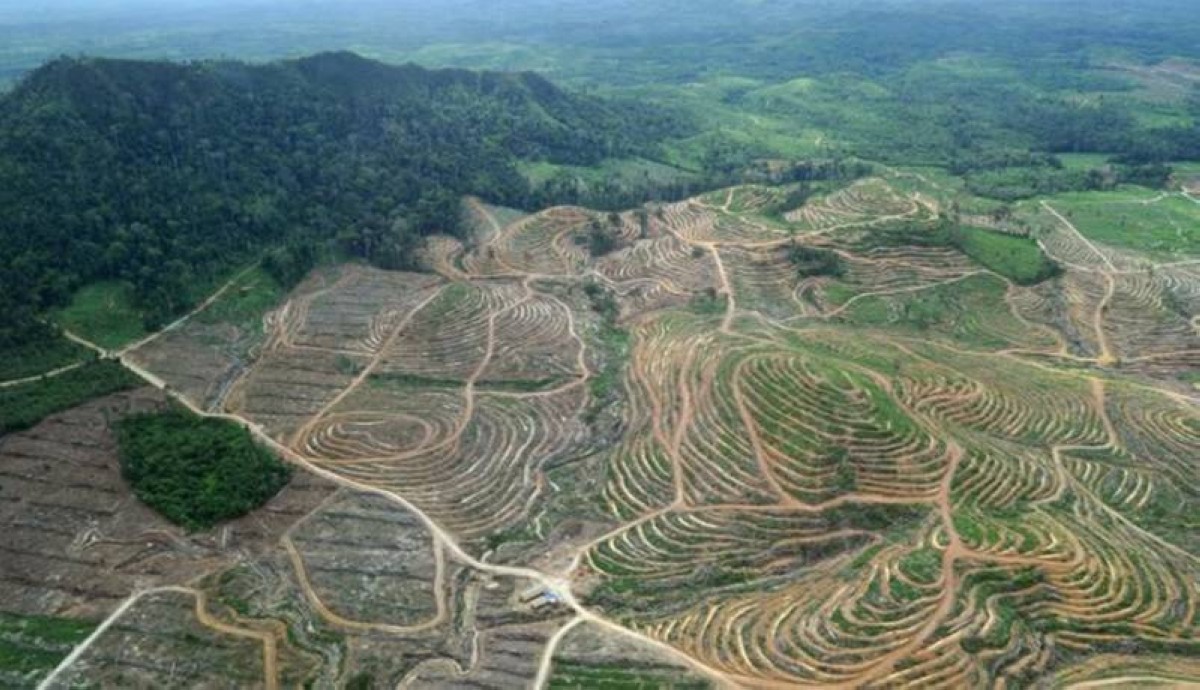
Friends of the Earth US, Indonesia and Netherlands blame a “complex, poorly enforced and frequently changing legal regime” for a rise in deforestation linked to palm oil, as well as for growing clashes with local populations.
They single out Astra Agro Lestari (AAL), one of Indonesia’s top palm oil producers, alleging the firm is operating in protected forest areas and apparently without required government permits.
AAL denies the allegations, which the environmental groups said were based on analysis of independently obtained geospatial data and satellite imagery. After slowing for the past decade, deforestation in Indonesia accelerated again in 2023, with more than 30,000 hectares of forest stripped for industrial palm oil plantations across the archipelago, according to researchers.
Indonesia is the world’s largest palm oil producer, generating more than 60 percent of global supply, with the European Union among its main export markets. The EU banned imports of goods including palm oil linked to deforestation last year, and environmental groups have repeatedly subjected the industry to scrutiny. The report says 17,664 hectares of AAL’s concessions overlap with Indonesia’s “forest estate”—areas where plantations and clearing are restricted.
Only “conversion production forests” may be cultivated, but the report alleges AAL operates concessions in 1,100 hectares that should be off-limits, including protected forest and natural reserves. Operating within conversion production forests is allowed only with appropriate permits. The report claims at least three AAL subsidiaries do not have such permits and that other concessions may also be operating without them.
AAL denies the allegations. “AAL and its subsidiaries operate in accordance with the laws of Indonesia and hold all the necessary permits to conduct their business and operations,” the firm told AFP in a statement. “None of AAL’s subsidiaries is involved in any illegal land acquisition nor performs any human rights abuses,” it said. Part of the firm’s defense centers around when the land in its concessions was designated as “forest estate”.
It says that, in some cases, permits were not necessary because the designation came after the concession was already granted. It also argues the report is based on misleading analysis, including mistaking clearing of old palm oil plantations for deforestation. The groups dispute that and say both satellite imagery and field work confirms extensive deforestation on AAL concessions. Indonesia’s Environment and Forestry Ministry did not respond to requests for comment.
However, the report acknowledges the paucity of public information on concession boundaries and permit documents and urges the government to “examine AAL’s maps and permits”. Uli Arta Siagian, forest and plantation campaign manager at WALHI, Friends of the Earth Indonesia, accused AAL of “exploiting gaps in Indonesia’s palm oil governance”.
AAL supplies palm oil to major consumer brands such as Nestle, PepsiCo, Unilever and Danone and has previously been accused of violent land grabs. It engaged consultants to review those claims in a process that activists said failed to properly probe the company’s relations with local communities. – AFP.





